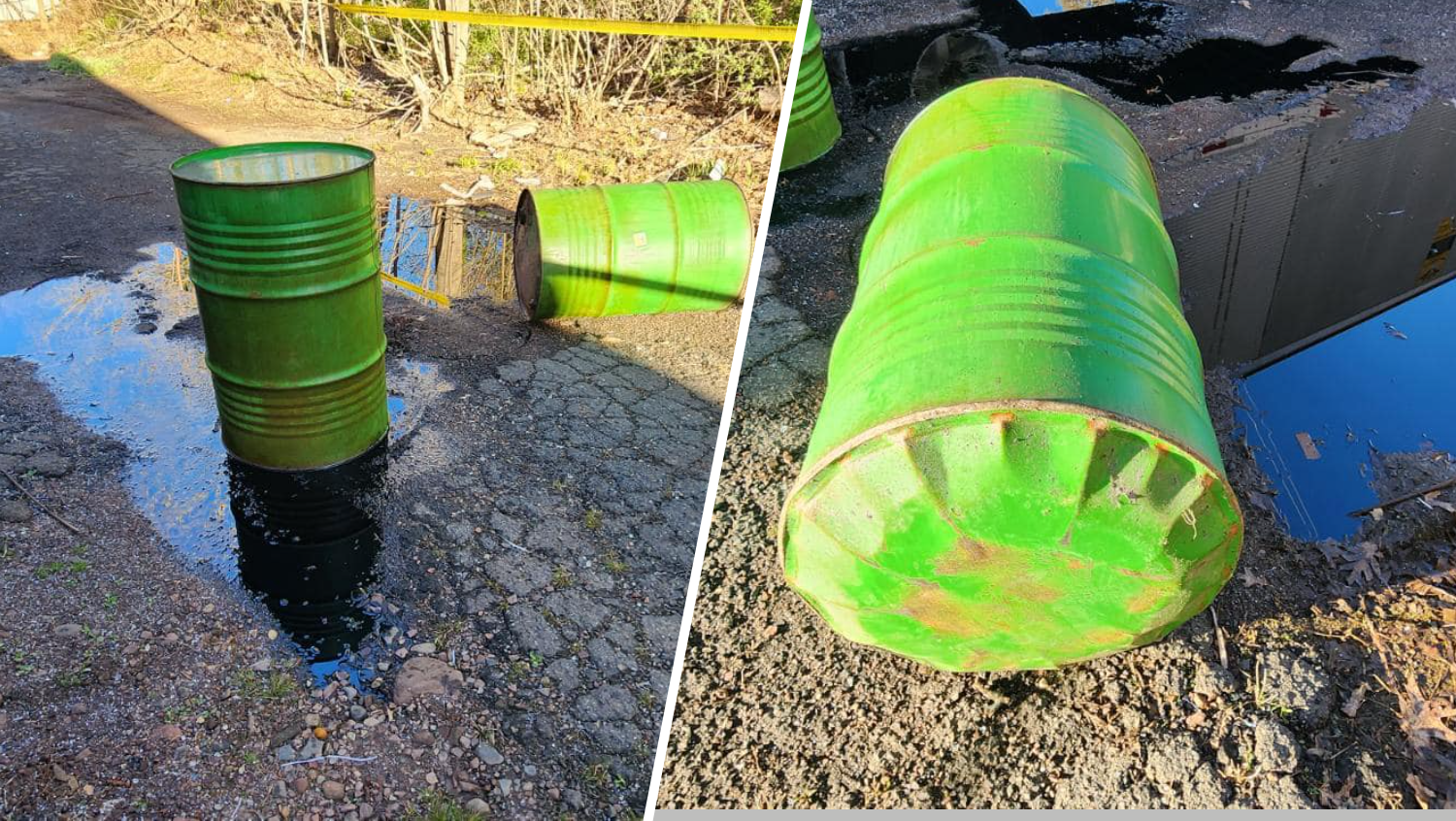For months, airlines, hotels, and restaurants have been a central focus of the pain caused to businesses during the pandemic. Another sector of the travel trade facing challenges is business based on limousines and charter buses.
Even after months of reaching out to Congress, limousine and charter bus services operators said the kind of pandemic aid they have been offered can only go so far without significant tweaks to the way the funding can be spent.
Sal Calafiore and his team of limo and charter bus drivers at Bill’s Limousine in Windsor have not been able to get on the road and do what they love these past 11 months - at least not a lot.
“If I didn't have my friends and family help me out I would have been out of business four months ago,” Calafiore said.
Just how bad has it been? Bill’s Limousine Vice President Kenya McCoy-Myers said the business has gone from 20 to 30 rides per day, to very few.
“People assume when they see limos and party buses that it's a party company but the bread and butter of our business is actually our corporate travel, our travel to and from New York City to the major airports into Boston and things of that nature and that's the business that came to a halt in March of 2020,” McCoy-Myers explained.
Local
Calafiore said he has received some help from the government, but not enough to keep his employees, or pay his mounting insurance bills and car loan payments.
He added he did not receive a Paycheck Protection Program (PPP) loan due to credit issues, that he said are due to the pandemic, and, “…they need to be more lenient!”
Charles Wisniewski with the New England Livery Association, and owner of Teddy's Transportation in Norwalk, estimated his industry has lost about 90% of its business due to COVID-19, much like the airlines. He said that lack of cash flow is brutal for members of his association.
Wisniewski explained they usually pay off bank loans for their vehicles over three years, so the payments are large. Couple that with a $7,000 per year insurance bill on average for each of those vehicles, and you can see why his association has been urging Congress to modify the PPP so his members can use more of it to pay these expenses.
“We don’t need the team back yet because the customers aren’t here. And it’s not paying for the car notes on all of those cars out back idled since last March, nor the devastating effect of having to insure them at full livery insurance rates, which is 10 times what you pay for your car,” Wisniewski said.
Getting Congress to change provisions of the PPP will likely prove difficult.
Kyle Hammerschmidt, executive director of the National Limousine Association, told NBC Connecticut Investigates that at the urging of his association and others, Congress did allow PPP loan proceeds to be non-taxable, and for PPE and investments to make workplaces COVID-19 safe to be eligible for PPP.
However, Congress ultimately “…did not allow capital expenditures for any business to be eligible for forgiveness. They certainly contemplated it, but the price tag would have been unlimited if Congress had agreed to pay for every piece of stranded capital that could not be used during the pandemic – real estate, sports stadiums, restaurants, vehicles, etc. It just wasn’t feasible to do for every affected business in America. That said, Congress did provide $2b in relief through CERTS (Coronavirus Economic Relief for Transportation Services Act) and the expectation is that some portion of those grants will be able to assist with vehicle payments….Our industry and most other small businesses have been helped mightily by the federal government. I don’t want us to in any way sound anything but grateful.”
All that said, both Calafiore and Wisniewski said they believe that when this pandemic finally does ease, if their companies survive, most of their business travelers will return.



